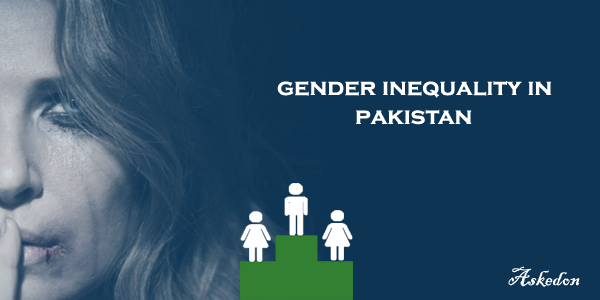Corruption is a pervasive problem in Pakistan, affecting all levels of society and government. It is estimated that corruption costs the country billions of dollars every year, and undermines the country's economic and social development. One of the biggest contributors to corruption in Pakistan is the lack of transparency and accountability in government institutions. There is a lack of political will to tackle corruption, and many public officials are able to operate with impunity. Corruption in Pakistan takes many forms, including bribery, embezzlement, nepotism, and cronyism. It is particularly prevalent in government contracts, where kickbacks and bribes are often demanded in exchange for contracts or favorable treatment.
The impact of corruption on ordinary people in Pakistan is devastating. It leads to reduced access to essential services, such as healthcare and education, and can have a detrimental effect on the economy. It also contributes to the country's high levels of inequality and poverty. Efforts to tackle corruption in Pakistan have been limited. In recent years, there have been some high-profile corruption cases, including the Panama Papers scandal, which implicated many senior government officials. However, these cases have often been slow to progress through the courts, and many individuals accused of corruption have been able to evade justice.
To address corruption in Pakistan, there needs to be a comprehensive approach that includes measures to improve transparency and accountability in government institutions, strengthen the rule of law, and promote a culture of honesty and integrity. This will require political will, public support, and sustained effort over the long term.
Qais Gulzar
Turbat, Kech







0 Comments